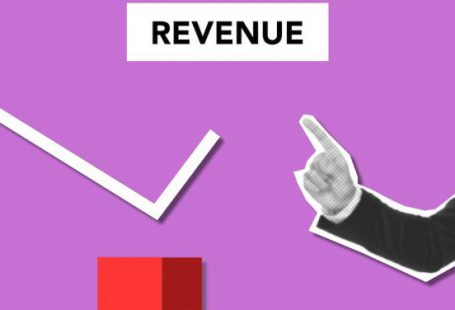Business budgeting is a crucial aspect of financial management for any organization. It involves the process of allocating resources, estimating expenses, and setting financial goals. To gain some expert insights on business budgeting, we interviewed three professionals with extensive experience in finance and accounting. Here’s what they had to say:
1. Laura Thompson, CFO of a multinational corporation, emphasized the importance of accurate forecasting in budgeting. She believes that a realistic estimation of future revenues and expenses is the foundation of an effective budget. According to Thompson, “A thorough analysis of historical data combined with market trends and insights is essential for an accurate forecast. It allows businesses to anticipate potential risks and make informed decisions.”
2. John Davis, a certified public accountant, highlighted the significance of setting achievable financial goals. He recommended businesses to adopt the SMART goal-setting framework. Davis explained, “SMART stands for specific, measurable, attainable, relevant, and time-bound. By setting goals that meet these criteria, businesses can ensure that their budget aligns with their strategic objectives.”
3. Sarah Lewis, a financial consultant, stressed the importance of regular monitoring and review of the budget. According to her, “Businesses need to track their performance against the budget and make adjustments as necessary. This allows them to identify areas of improvement, address inefficiencies, and seize opportunities.”
In addition to these expert insights, here are some practical tips for effective business budgeting:
1. Identify your revenue streams: Understand where your income comes from and categorize it accordingly. This will help you allocate resources effectively and prioritize investments.
2. Categorize your expenses: Divide your expenses into fixed and variable categories. Fixed expenses, such as rent and salaries, remain constant, while variable expenses, like marketing and inventory, fluctuate based on business needs.
3. Prioritize essential expenses: Determine which expenses are critical for your business’s operations and growth. This will help you allocate resources efficiently and make informed decisions when unexpected financial challenges arise.
4. Create a contingency fund: Set aside a portion of your budget for unexpected expenses or emergencies. Having a contingency fund ensures that you’re prepared for unforeseen circumstances and reduces financial stress.
5. Consider the long-term: While short-term budgeting is important, it’s equally essential to plan for the future. Allocate resources for long-term investments, such as research and development or expanding into new markets.
6. Involve key stakeholders: Collaborate with relevant stakeholders, such as department heads or project managers, to gather insights and ensure that the budget reflects the needs of the entire organization. This promotes transparency and fosters a sense of ownership among team members.
7. Utilize technology: Take advantage of budgeting software or financial management tools to streamline the budgeting process. These tools can automate calculations, generate reports, and provide real-time insights, saving time and enhancing accuracy.
In conclusion, business budgeting requires careful planning, accurate forecasting, and continuous monitoring. By incorporating expert insights and following practical tips, businesses can develop effective budgets that align with their strategic goals. Remember, a well-crafted budget is not only a financial roadmap but also a powerful tool for decision-making and achieving long-term success.



